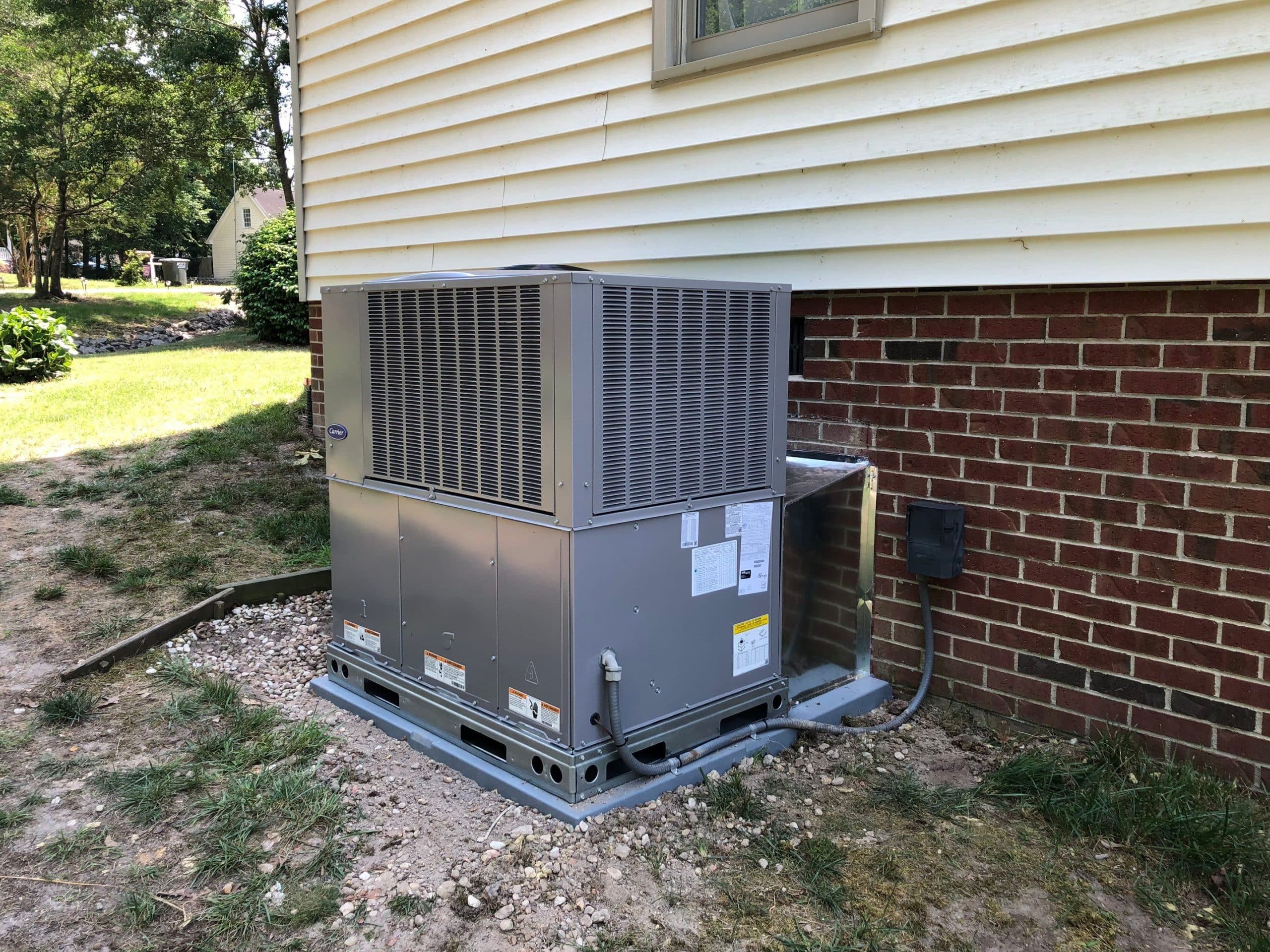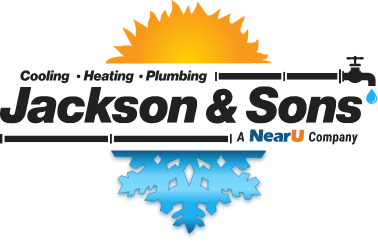
Like many major purchases, HVAC expense differs according to a number of variables. When you’re shopping for a new heating and air system, your own budget plays a role in the buying decision. However, other factors also contribute to the expense of a new unit and need to be carefully considered in advance. Here are some of the cost-related variables of this expense to think about:
- Efficiency rating. A unit with a standard efficiency rating — AFUE furnace rating of 80% or an air conditioner with SEER 14 — will typically have a lower sticker price at the time of purchase. However, it will cost more to operate due to higher gas or electricity bills. High-efficiency furnaces and AC units, conversely, have a higher price tag but consume less gas or electricity. Over the long run, lower monthly costs will compensate for the price of a high-efficiency unit. Keep in mind your HVAC pro will visit your home and provide all the information needed for you to make the best decision for your indoor comfort needs.
- Installation matters. If you’re simply replacing the unit with a similar new model with standard efficiency, installation costs are less significant. However, if you’re upgrading from a standard to a high-efficiency furnace, separate pipes to drain condensate and induct combustion air will be needed. Also, whether the new installation is a high-efficiency system, it makes sense to also upgrade from the existing standard, single-speed blower to the newer, more efficient technology of a variable speed blower. Keep in mind there may need to be electrical upgrades in the home. Also, the duct system may need to be replaced depending on the condition of the existing ductwork. Damaged ductwork allows for heated and cooled air to leak into the walls, attic or crawspace. When conditioned air is leaking from the duct system it is very costly in terms of energy efficiency, airflow in the home, and indoor air quality.
- Build quality and brand name. HVAC components need to be manufactured to high standards of reliability and efficiency. As with most other devices and technology, you’ll get what you pay for in a heating and air system. Second-rate, substandard units by discount brands are not a bargain and are generally associated with more frequent repair expenses, higher operating costs, and a shorter expected service-life expectancy.
For a clear, straightforward explanation of all factors relating to the expense of a new heating and air system, talk to the professionals at Jackson & Sons.

